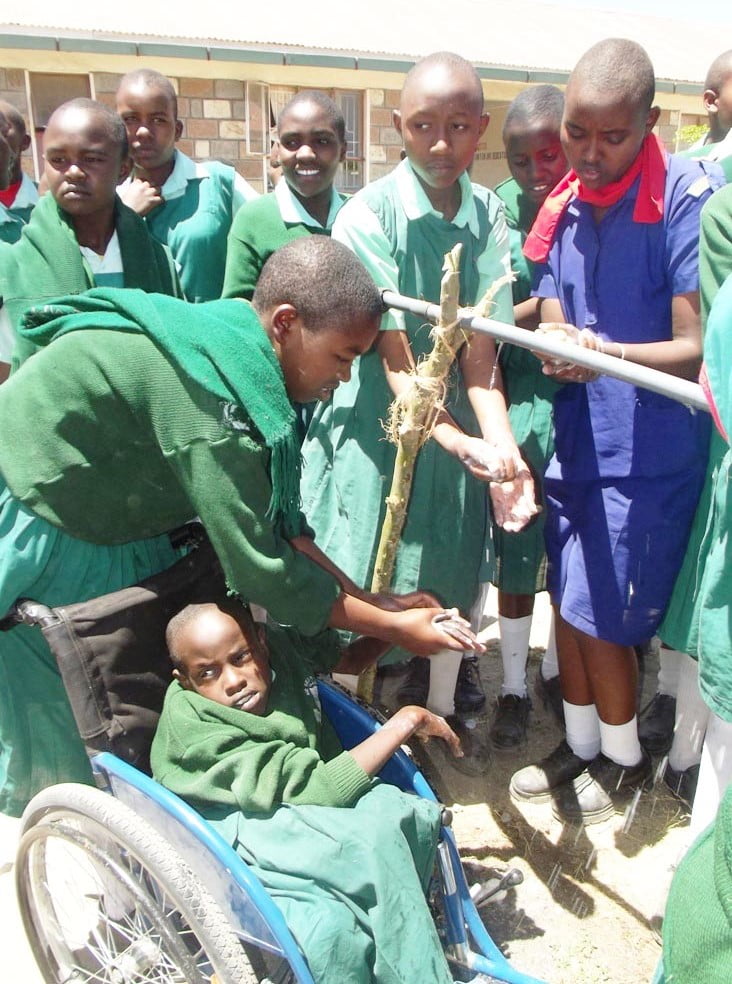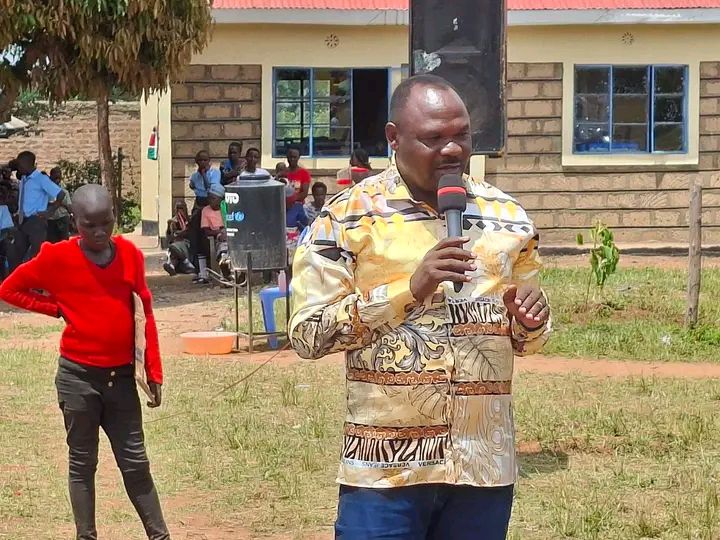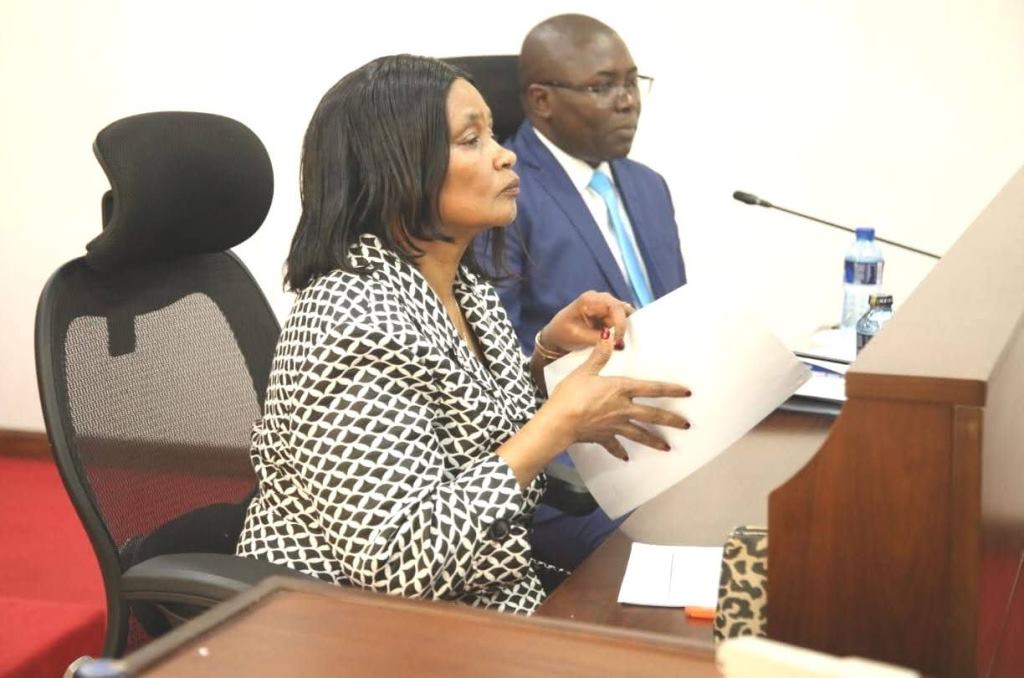By Erick Nyayiera
A report finding by the Department of Special Needs Education of the Jaramogi Oginga Odinga University of Science and Technology has revealed a damning situation of poverty that has kept disabled children out of school in the Nyanza region.
The main findings by Dr. Charles Makori and Gregory Nyongesa, both from the university’s Faculty of Education’s Department of Special Needs Education, was that persons living with disabilities are living in abject poverty, which they attribute to their disability status.
“In matters education, it was found that there are many children with disabilities out of school that members of the community, including the clergy, were aware of but seemed to have no way of engaging stakeholders to offer meaningful support to them,” read the report.
The findings point to the fact that people with disabilities (PWDs) are usually left out of the mainstream education and socio-economic activities. These include those with sensory, physical and cognitive disabilities.
The United Nation’s Convention on the Rights of Persons with Disabilities (2016), and Kenya’s Persons with Disabilities Act (2004), address issues affecting PWDs to promote, protect and ensure the full and equal enjoyment of human rights and fundamental freedoms, promote respect for their dignity, as well as facilitate the full participation in all sectors.
“Despite these efforts, we realized that PWDs continue to be marked by experiences of discrimination, prejudice and inequality and children with disabilities get relegated to staying at home. Worse still, religion and theological interpretations of disability have significantly shaped the way in which society relates to PWDs, thereby re-enforcing marginalization and exclusion in their social, economic, political, educational and religious lives,” the university dons highlighted.
The duo’s findings were derived from a study on promoting awareness and participation of PWDs in education and other community-based programmes in Nyanza region.
The action research study investigated the relationship between poverty and disability from the perspective of PWDs and data was collected using focus group discussions.
“Sadly, the church, perceived to have a role to play in community welfare, did not seem to have a structured way of identifying or providing the children with disabilities any support to allow them in schools for their education, including offering any meaningful support to their caregivers,” they observed.
They also identified that misinterpretation of religious teachings seemed to have a bearing on how PWDs were perceived.
They gave the report findings during the 1st International Ecclesiastical Academic Conference held at Jaramogi Oginga Odinga University of Science and Technology’s main campus in Bondo, themed ‘The Church and Culture in the Diversified 21st century Society; Challenges and Opportunities’.






